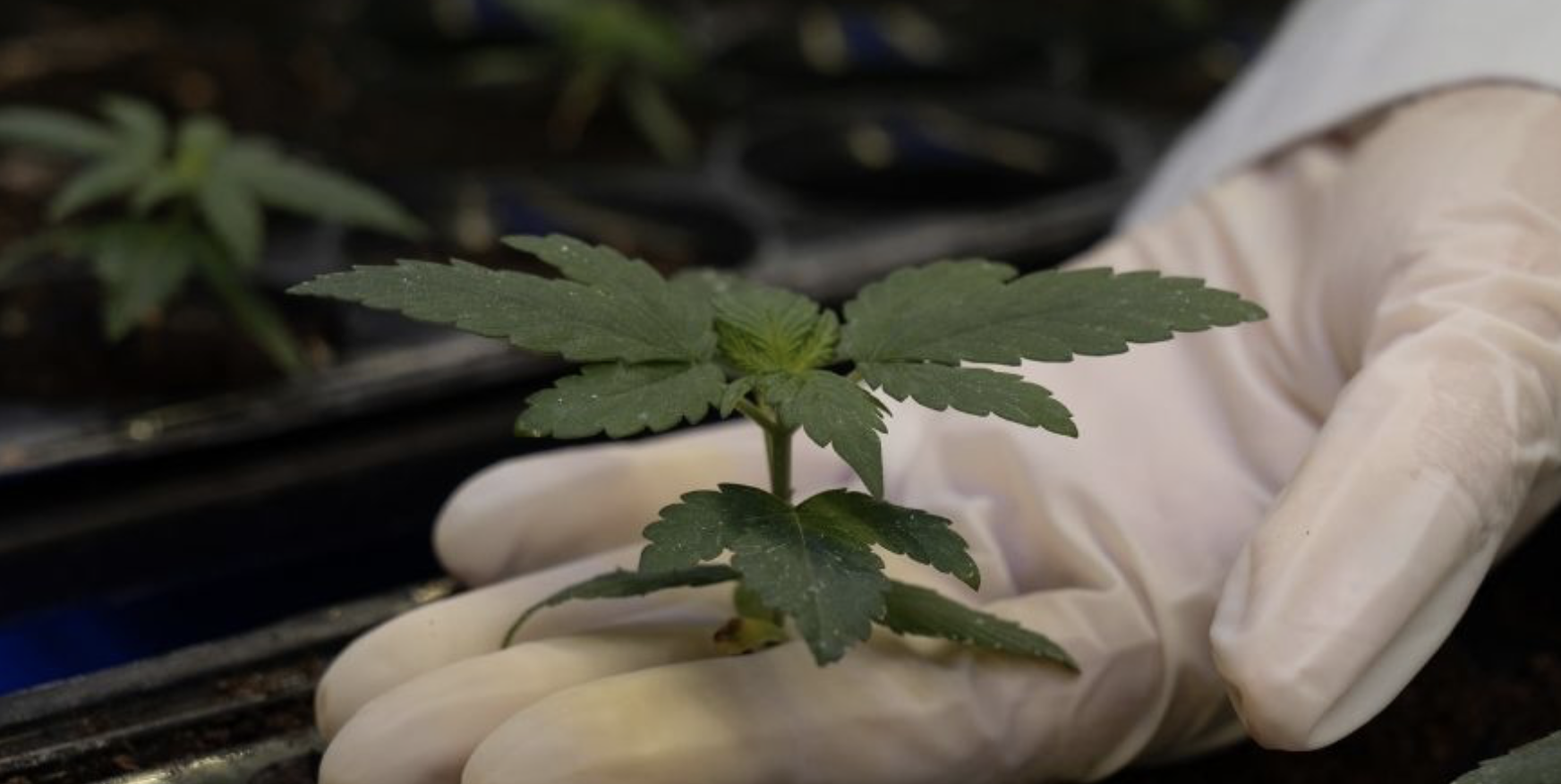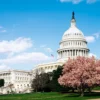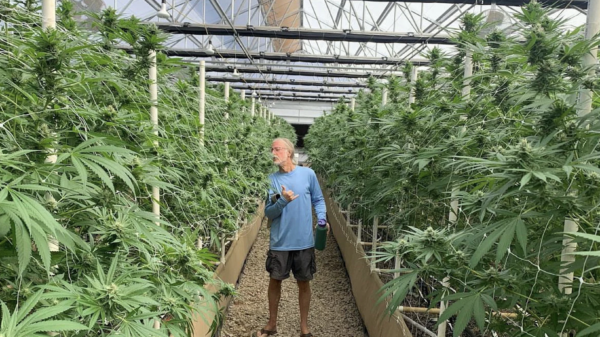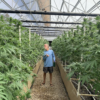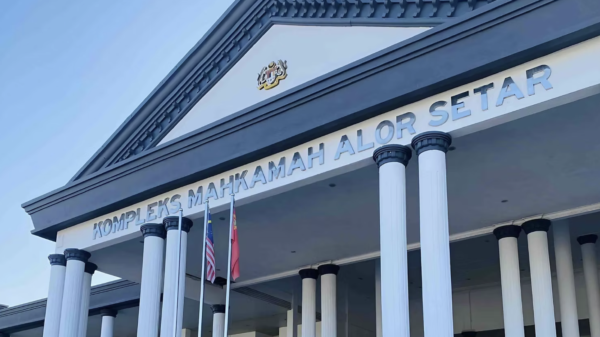Brazil has officially shifted away from a strict stance on cannabis that only permitted imports of medicinal products.
Last week, the Brazilian Health Regulatory Agency (Anvisa) authorized a local agricultural agency to conduct extensive research on the plant. Embrapa’s studies will focus on cultivation, management practices, public policy and post-harvest protocols.
“This authorization allows Brazil to produce its own knowledge, strengthen its technological autonomy and fulfill its duty to public health and national development,” said Anvisa director Thiago Lopes Cardoso Campos.
Embrapa justified its request to research marijuana by citing the growing worldwide interest in the plant, its medical properties, and its economic and social characteristics. One of its lead researchers, Beatriz Emygdio, explained that Brazil currently has regulations that support the medicinal use of cannabis but none for domestic production. This external dependence on foreign imports is costly, she also highlighted.
“The agenda includes everything from genetic characterization and germoplasma bank formation to pre-improvement of hemp for industrial use,” Embrapa stated, “with a focus on fibres and seeds.”
Although this research may help pave the way for Brazil to begin cultivating its own supply of cannabis, Embrapa has made it clear that there will be no commercial cultivation or commercialization of the research materials. Embrapa will be undergoing an inspection by Anvisa before the newly approved research begins.
The approval builds on US$2.25 million in government funding obtained by Embrapa earlier this month for research on cannabidiol (CBD).
“Together, these results represent a decisive move for Embrapa to contribute with scientific rigor and public commitment to technological development, innovation and Brazilian productive sovereignty in this field,” Emygdio said.
Another Embrapa researcher, Daniela Bittencourt, informed Reuters that the studies were expected to extend for 12 years or longer. Bittencourt also says she is confident that Anvisa will implement a regulation framework for cultivation within the country by the end of March, 2026.
Embrapa’s green light could help catalyze the nation’s entry into the multi-billion-dollar international cannabis industry. Brazil is already renowned for its robust agricultural capabilities and the country has potential to become one of the world’s top cultivators should future regulations permit.
“The expectation is that the main deliveries and results of this program will technically support the elaboration of public policies and definition of production chain models,” Embrapa elaborated, “in addition to subsidizing the construction and improvement of legal and regulatory frameworks to help the country advance in the process of regularizing cannabis cultivation in Brazil.”
Possessing up to 40 grams of cannabis and cultivating up to six plants for personal use has been decriminalized in Brazil since mid-2024. Public consumption remains prohibited.
“The position is clear that no user of any drug can be considered a criminal,” said Brazilian judge, Dias Toffoli, in June last year.
Anvisa autoriza Embrapa a fazer pesquisas com Cannabis sativa, a planta da maconha.
A pesquisa é exclusiva para fins medicinais e científicos. Como a maconha é proibida no Brasil, nenhum produto dos estudos poderá ser comercializado.
Confira: https://t.co/zjId9zJauO #JN pic.twitter.com/oc0PO02YOB
— Jornal Nacional (@jornalnacional) November 22, 2025
Read more: Oregon scientists designate cheesy poo as cannabis aroma category
Follow Rowan Dunne on LinkedIn
rowan@mugglehead.com

